Election Commission to meet privately as push for Nashville property tax vote heads for legal brawl – The Tennessean
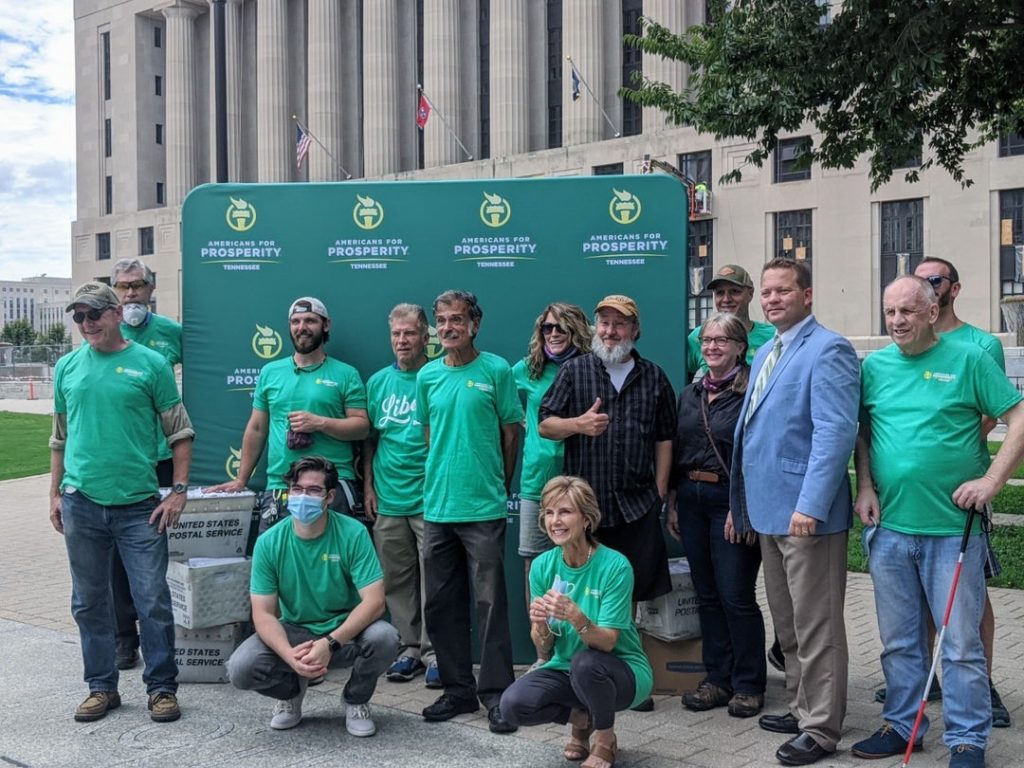
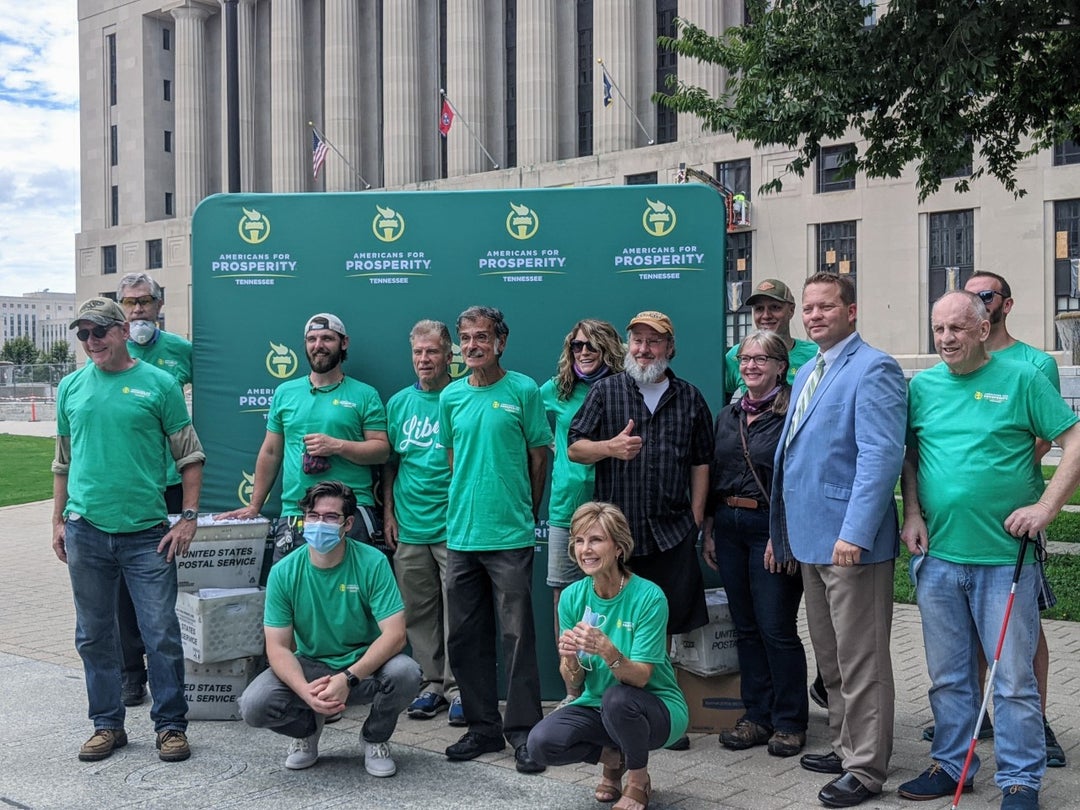
The Nashville Election Commission will meet behind closed doors Friday to hear from the city’s legal team about concerns over a referendum effort to repeal the city’s 34% property tax rate hike. The meeting comes as the panel considers whether the measure should go before voters.
The five commissioners are set to meet for an executive session with Metro Legal Director Bob Cooper, as Mayor John Cooper’s administration makes a case for why the petition effort should not be placed on the ballot.
Questions are swirling about the constitutionality of the referendum, if it is properly written and the purview of the Metro Election Commission on the issue.
No matter the decision made by the commission, the matter will ultimately be settled in court with a lawsuit expected in the coming weeks. But what the commission decides will determine who will sue them — Metro or the petition group.
Commissioners will vote on Tuesday on whether a December special election will be held.
The legal complexities come as Cooper and city leaders are in the midst of forming an offensive strategy against the measure led by a local attorney that some, in hindsight, say the city underestimated as efforts were underway this summer.
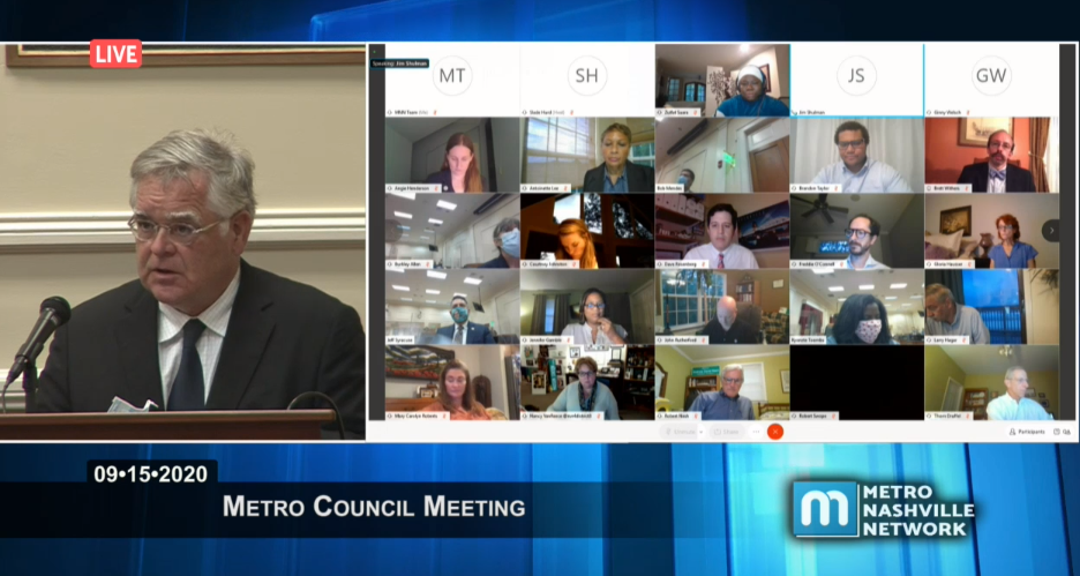
This week, the city publicly outlined the dire situation Nashville may face if there is a tax repeal, resulting in a $332 million budget shortfall mid-year. It would mean, the administration said, severe cuts to Metro services and the potential for massive layoffs.
“Our progress as a great city will end,” Cooper told Metro Council Tuesday night. “It takes the problem of financial weakness and makes it chronic and permanent.”
‘It’s unprecedented’
Petition signatures submitted last month by Attorney Jim Roberts, with support of the conservative group Americans for Prosperity, was verified by the election commission last Friday. The effort looks to also limit annual property tax increases to 2% without voter approval and to require bonds for city projects totaling more than $15 million to go before voters, among other measures.
Metro’s legal team has already signaled to some commissioners that it should not be placed on the ballot, according to multiple sources familiar with the talks. It’s unclear on what basis the administration is arguing.The administration declined to share its legal opinion on the matter, saying it remains under review.
But Metro Council Attorney Jon Cooper wrote in his legal analysis to council members, as they debated and ultimately voted for a counter measure on the ballot, that the referendum would likely violate state law. State law gives council the authority to set tax levies and does not place a limit.
He attached a legal opinion of the city’s legal department in 2006 that tax limitations are illegal.
“This is new territory for me. I think for pretty much everybody,” longtime Commissioner A.J. Starling told The Tennessean Wednesday. “I haven’t made up my mind yet. I’m going to look at what’s being presented to us.”
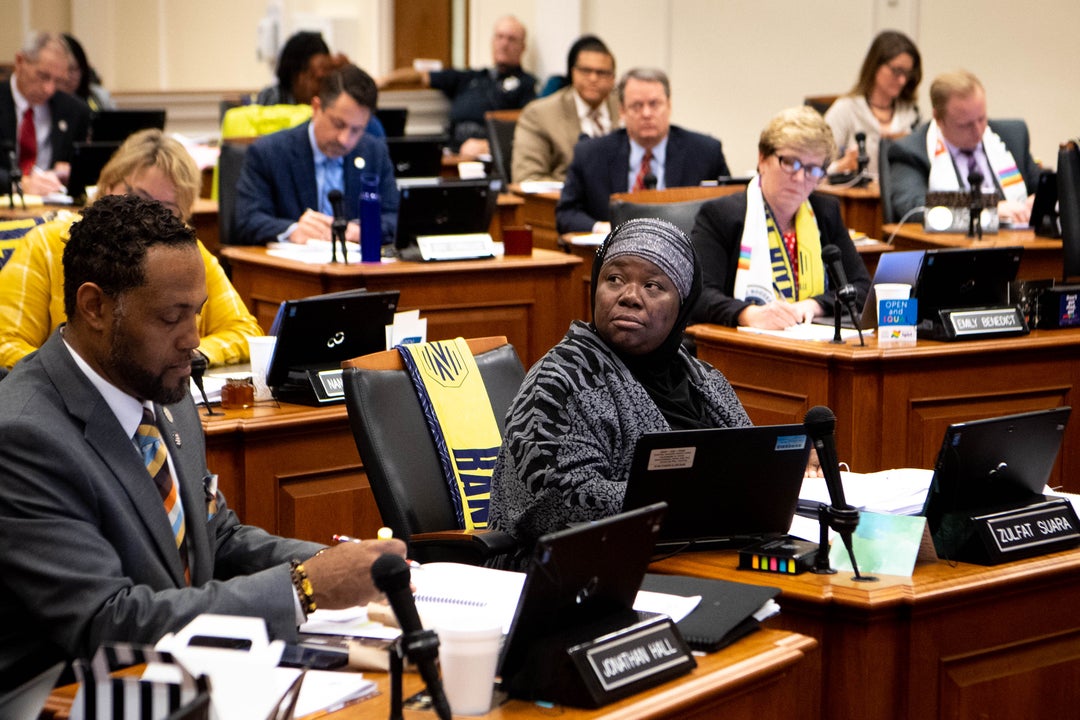
Starling said the commission will meet in executive session on Friday at 2:30 p.m. to hear from the legal director before reconvening next week. If they decide to hold an election, they are likely set to change the date from Dec. 5, as it falls on a Saturday.
While decisions made in the past by the group have been typically easy, Starling said this one is not so clear.
“It’s unprecedented,” he said. “It may wind up being the court making the decision for us.”
Election case in Shelby County could play role
A case being reviewed by Metro Legal, commissioners and others closely following the referendum effort is out of Shelby County that arguably sets clear opinion from the Tennessee Supreme Court about the role the Metro Election Commission has on the matter.
Memphis sued the Shelby County Election Commission in 2004 after the commission held off on a ballot measure, questioning the constitutionality of the item the city wanted to pass.
The state Supreme Court ruled the commission exceeded its authority as it is ministerial, and should not decide elections based on the legal merits, rather if the filing process was followed accordingly.
Those familiar with the case say it would be unwise for the commission to base its decision on the constitutionality argument. If they do, Metro Legal would have to argue that it was so facially illegal the commission wouldn’t need to determine that and could proceed to disqualify the issue.
If placed on the ballot, the city could immediately call for an emergency hearing and request a temporary injunction. Some expressed skepticism that a chancellor judge would adjudicate before the measure goes before voters, which could push the city to challenge it after the election.
If not placed on the ballot, Roberts vowed he would sue “unmercifully,” arguing the public has the right to abolish, or in this case, constrain the government.
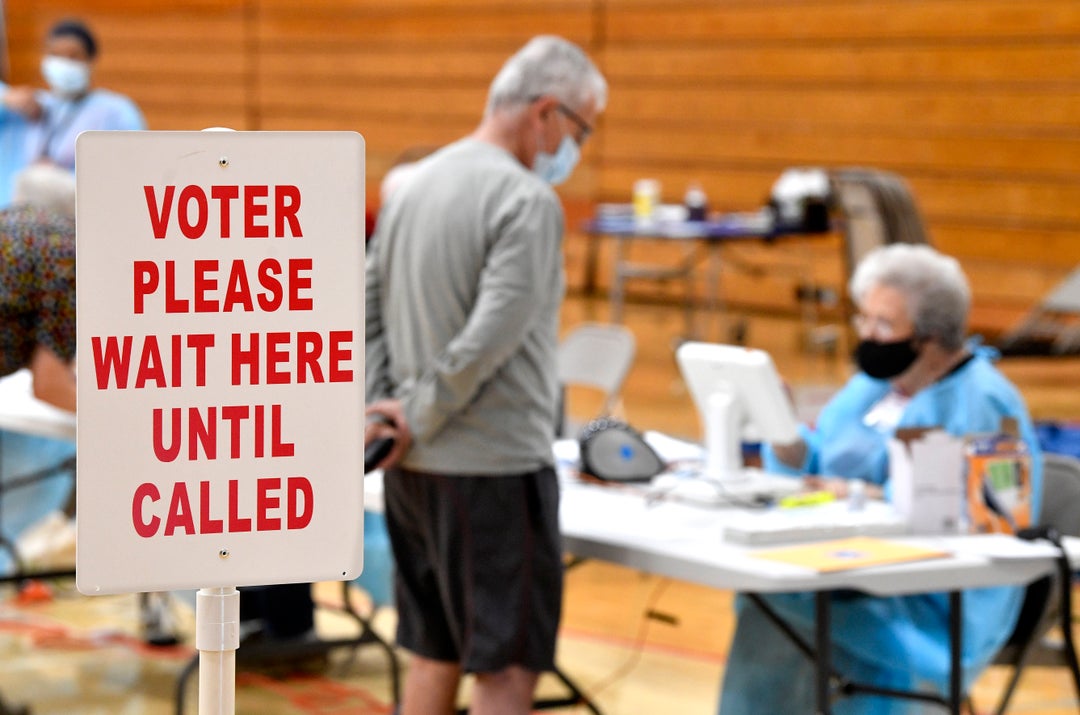
Ballot language questioned
The argument the election commission may consider from the administration is that the petition is flawed because of the sloppy language of the proposed ballot. Amending the Metro Charter requires a summary and mandatory language that specifies what part of the existing governing document it is trying to replace.
Roberts’ petition doesn’t do that and, instead, would just add language to the charter. It would create several inconsistencies on taxing and about whose ability it would be for the city to enter and approve leases.
If Metro Legal were to try and interpret the language for the ballot, it could mean Roberts losing his signatures.
Critics of the petition also say the preamble is essentially a campaign ad, that would have to mailed out to the public and placed in voting booths. It would, arguably, ask voters to sign a political statement to be added to the charter.
Roberts said he expected the criticism.
“I don’t think Metro Legal would have been happy no matter how I would have written it. I just wanted to keep it simple,” he said.
He, and some others, are confident that the court would look at the substance of the petition and its intent, and rule favorably.
If the election is held, voters will get to decide on competing charter amendments as Metro Council overwhelmingly approved to place a counter measure item on the ballot this week.
The amendment by At-Large Council Member Bob Mendes would effectively override the petition initiative and reinforce the city’s taxing authority and its ability to issue bonds without going to voters.
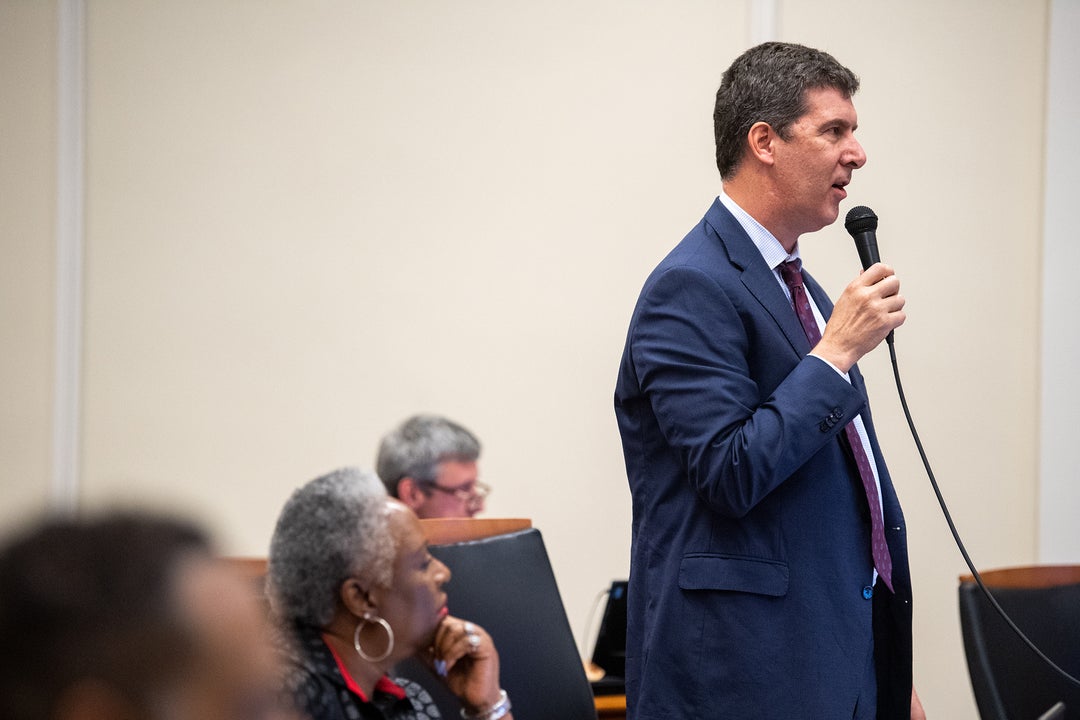
“If people want to restrict Metro government from being able to operate the way it does now, they’ve got a choice. If the people would like to have Metro government operate as it has, they’ve got that choice,” Mendes said at Tuesday’s council meeting. “It’s is all about empowering the people …”
If both measures pass at the polls, the proposal from council to reinforce their authority would prevail because the existing Charter language would be favored.
In that case, Roberts said he’ll sue as well.
Nashville’s coffers could take hit
There’s a sense of urgency from the administration to handle the matter as swiftly as possible to avoid confusion about the referendum — which Metro Finance Director Kevin Crumbo says alone would mean trouble for city finances.
If people decide to wait to pay their property tax bills until closer to February when it’s due to see if the rate will be adjusted, Metro’s cash flow could get dangerously low or “run out altogether.”
Typically, the city has been able to rely on about $450 million in revenue from property taxes during a cash-strapped point of the budget year, as about a 1/3 of residents paying bills in the month of December.
Litigation tactics on either side of the issue could pose a risk to the city’s finances and could determine if Metro will file a possible injunction if a special election is called, or challenge the measure post-ballot.
“Regardless of the arguments, be they legal, financial, what have you about the referendum that we’ve heard so far, what strikes me the most is that we can have a lengthy period here of confusion about what is actually going to happen,” Crumbo said.
Yihyun Jeong covers politics in Nashville for USA TODAY NETWORK – TENNESSEE. Reach her at yjeong@tennessean.com and follow her on Twitter @yihyun_jeong.
Published 6:46 PM EDT Sep 17, 2020
